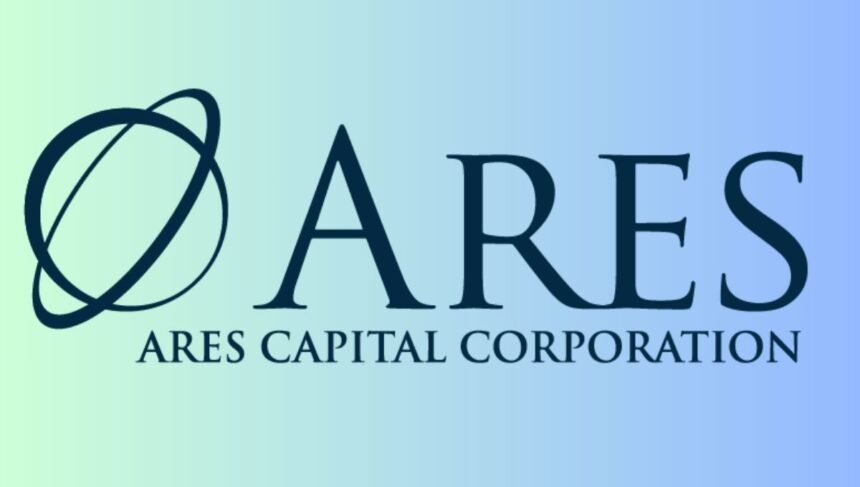Many income investors have likely come across Ares Capital (NASDAQ: ARCC) in their stock screens, enticed by its mouth-watering 9.8% dividend yield. But before jumping aboard for those juicy payouts, it’s imperative to comprehend the unique risks underpinning this specialty lender.
As a business development company (BDC), Ares operates unlike a conventional company, providing loans to higher-risk firms that banks avoid. This murky lending niche delivers strong yields but opens the door to potential dividend cuts when markets sink.
While Ares has an admirable track record, its exposure to risky debt means this stock is only suited for aggressive investors willing to stomach volatility. Conservative income seekers may want to steer clear.
What Exactly Is Ares Capital?
Simply put, Ares is essentially a non-bank lender, providing financing to small and mid-sized companies that traditional banks deem too risky. This specialty lending model filled a void left after the Great Recession, when banks severely tightened standards.
The types of firms in Ares’ portfolio typically can’t qualify for conventional loans or would face exorbitant interest rates if they could. The average yield on Ares’ investments stands at a lofty 11.2%, highlighting the shaky financial position of many underlying borrowers.
So while this means juicier returns during good times, it also introduces added risk, especially during economic pullbacks when defaults tend to rise.
Ares Has a Solid Track Record Among BDCs
In fairness, Ares has built an impressive portfolio over time, keeping defaults reasonably contained compared to competitors. It also boasts diversification across sectors, with only modest exposure to the most hazardous industries.
These prudent risk management practices make Ares one of the more stable players within the inherently risky BDC arena. Its dividend has trended upwards for a decade as well, even withstanding the COVID downturn.
But that doesn’t negate the simple fact that business development companies provide financing to companies too small or financially unstable for conventional loans. And these shakier borrowers are more prone to stumbling when markets decline.
Recession Resilience Remains An Open Question
While Ares’ dividend has shown impressive resilience in recent years, its ability to maintain payouts in a severe recession remains untested. During the Great Recession of 2007-2009, Ares did end up cutting distributions to shareholders.
The types of companies served by Ares are especially vulnerable to slowing economic activity and tightening financial conditions. Smaller firms concentrated in narrow sectors can experience financial duress faster than larger multinationals during periods of market stress.
And variable rate loans — a large portion of Ares’ portfolio — can strain borrowers further when interest rates spike, as they have recently. This dynamic introduces a strange trade-off, where improving BDC finances can indirectly undermine credit quality.
Essentially, Ares’ business model is structured to generate higher yields through riskier lending. And those risks tend to surface during broader economic and market declines.
Conservative Income Investors Should Exercise Caution
None of this suggests Ares is inherently flawed. To the contrary, it operates reasonably well within its niche lending universe, even outperforming many BDCs.
But for conservative income investors focused on safe and steady dividends, it pays to exercise caution before chasing the stock for its 9.8% yield. Ares’ payouts may be alluring, but they are backed by an underlying portfolio encumbered with higher default risk.
And while the dividend has held strong in recent years, its resilience in a deep recession is questionable based on past cuts. For aggressive investors tolerant of BDC risks, Ares may be worth a look.
Yet more risk-averse dividend hunters have plenty of safer options to lock in generous yield without the headaches. Before diving into Ares’ turbulent lending waters, income investors should carefully weigh whether its impressive yields justify the choppier waters that lie beneath.










